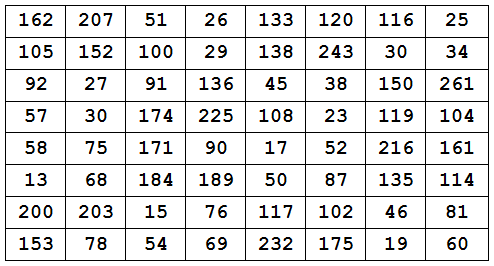In 1998, California physician Donald L. Unger wrote to the editors of Arthritis & Rheumatism to report a “50-year controlled study by one participant.” His mother had told him that cracking his knuckles would lead to arthritis, so for 50 years the science-minded Unger had cracked the knuckles of his left hand at least twice a day, more than 36,500 times in all, and left the right uncracked as a control. After 50 years he found no arthritis in either hand and no differences between the two hands.
“This result calls into question whether other parental beliefs, e.g., the importance of eating spinach, are also flawed,” Unger wrote. “Further investigation is likely warranted.”
The editors invited a response from Robert L. Swezey, who had published an earlier investigation in the Western Journal of Medicine. Swezey said that his own study had been inspired when his 12-year-old son’s grandmother had warned him that cracking his knuckles would cause arthritis. “It is now 22 years later and he continues to enjoy frequent KC without manifestations or evidence of arthritis.”
With motherly advice thrown into doubt, Swezey wondered whether knuckle cracking might even prevent osteoarthritis. “The possible utilization of KC by managed care providers as an economic, noninvasive, home preventative treatment for arthritis of the hands should be given further consideration,” he concluded. “A clear distinction between hand wringing related to managed care procedures and therapeutic KC will have to be made.”
(Does knuckle cracking lead to arthritis of the fingers? Unger DL. Arthritis Rheum. 1998 May;41(5):949-50.) (Thanks, Bob.)





